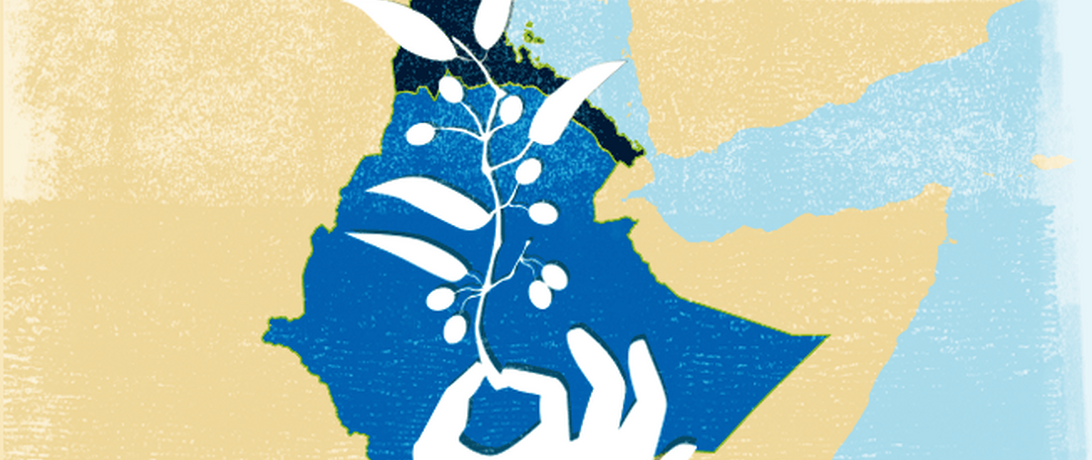
On July 9th, Ethiopia and Eritrea signed a settlement to their 20-year border war. The conflict emerged in 1998 and led to the deaths of 80,000 people before a peace agreement was drawn up in 2000.
Unfortunately, until recently, Ethiopia had refused to fully ratify the agreement, leading to a seemingly intractable dispute between the two countries. While the resolution to this border dispute is significant in and of itself, this sudden about-face by the Ethiopian government comes on the heels of numerous reforms instituted by the country’s new prime minister. Since coming to office, Abiy Ahmed has lifted state-of-emergency laws, released political prisoners, opened up the sale of state-owned enterprises, and offered a more accommodating stance on public dissent against the government.
But as with any departure from the status quo, these reforms have also drawn opposition from vested interests within society. Most notably, on June 23rd, assailants threw a grenade into a crowded rally held by the prime minister, killing one and injuring many.
This change in Ethiopia’s political leadership (as well as the subsequent policy reforms) sparks numerous questions. How do such leadership changes affect regional relations? Will a leadership change help to foster (or hinder) a peaceful settlement to the country’s ongoing insurgencies among the ethnic Oromo and Somali? What do these policies mean for broader economic and political reforms within the Horn of Africa? To explore these questions as well as others, One Earth Future will host a series of ThinkPeace blogposts on how leadership changes affect domestic and international policies. The One Earth Future Foundation has a vested interest in exploring these topics given our focus on global institutions and leadership change through the REIGN Dataset project as well as our ongoing work throughout the Horn of Africa via our Stable Seas, Shuraako, and Secure Fisheries programs.
The first post in this series will examine how Ethiopia’s recent border settlement compares more broadly with the end of intractable disputes between international rivals, as well as how such a settlement may threaten the political survival of Ethiopia’s young prime minister. The second post will turn inward and explore how the emergence of a new leader will shape the ongoing ethnic disputes within Ethiopia, drawing largely on the burgeoning academic literature on this subject. The third part of this series will explore recent examples of new leaders’ grappling with regional disputes, to offer a broader picture of how leadership change may help end (or promote) disputes. The fourth post will explore the prospect that new leaders may assist in promoting human rights and ending severe state repression. Finally, the series will end with an investigation into how Ethiopia’s improving relations will affect the economic and political dynamics on the Horn of Africa.
Not only will each part of this series offer new insight into the evolving political context on the Horn of Africa, but this series will also identify resources available to the public to monitor global and regional patterns in interstate cooperation and regime durability through One Earth Future’s REIGN Dataset and the Stable Seas program.
Article Details
Published
Topic
Program
Content Type
Opinion & Insights